Getting Started with Python for the Internet of Things. Leverage the full potential of Python to prototype and build IoT projects using the Raspberry Pi Tim Cox, Steven Lawrence Fernandes, Sai Yamanoor, Srihari Yamanoor, Prof. Diwakar Vaish
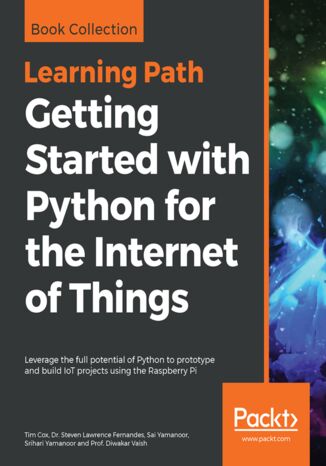

- Autorzy:
- Tim Cox, Steven Lawrence Fernandes, Sai Yamanoor, Srihari Yamanoor, Prof. Diwakar Vaish
- Wydawnictwo:
- Packt Publishing
- Ocena:
- Stron:
- 716
- Dostępne formaty:
-
PDFePubMobi
Opis
książki
:
Getting Started with Python for the Internet of Things. Leverage the full potential of Python to prototype and build IoT projects using the Raspberry Pi
It teaches you to harness the power of Python with the Raspberry Pi 3 and the Raspberry Pi zero to build superlative automation systems that can transform your business. You will learn to create text classifiers, predict sentiment in words, and develop applications with the Tkinter library. Things will get more interesting when you build a human face detection and recognition system and a home automation system in Python, where different appliances are controlled using the Raspberry Pi. With such diverse robotics projects, you'll grasp the basics of robotics and its functions, and understand the integration of robotics with the IoT environment.
By the end of this Learning Path, you will have covered everything from configuring a robotic controller, to creating a self-driven robotic vehicle using Python.
• Raspberry Pi 3 Cookbook for Python Programmers - Third Edition by Tim Cox, Dr. Steven Lawrence Fernandes
• Python Programming with Raspberry Pi by Sai Yamanoor, Srihari Yamanoor
• Python Robotics Projects by Prof. Diwakar Vaish
Wybrane bestsellery
Tim Cox, Steven Lawrence Fernandes, Sai Yamanoor, Srihari Yamanoor, Prof. Diwakar Vaish - pozostałe książki
Packt Publishing - inne książki
Dzięki opcji "Druk na żądanie" do sprzedaży wracają tytuły Grupy Helion, które cieszyły sie dużym zainteresowaniem, a których nakład został wyprzedany.
Dla naszych Czytelników wydrukowaliśmy dodatkową pulę egzemplarzy w technice druku cyfrowego.
Co powinieneś wiedzieć o usłudze "Druk na żądanie":
- usługa obejmuje tylko widoczną poniżej listę tytułów, którą na bieżąco aktualizujemy;
- cena książki może być wyższa od początkowej ceny detalicznej, co jest spowodowane kosztami druku cyfrowego (wyższymi niż koszty tradycyjnego druku offsetowego). Obowiązująca cena jest zawsze podawana na stronie WWW książki;
- zawartość książki wraz z dodatkami (płyta CD, DVD) odpowiada jej pierwotnemu wydaniu i jest w pełni komplementarna;
- usługa nie obejmuje książek w kolorze.
Masz pytanie o konkretny tytuł? Napisz do nas: sklep@ebookpoint.pl
Książka drukowana




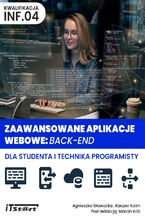
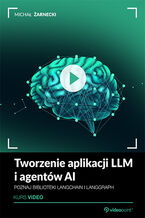
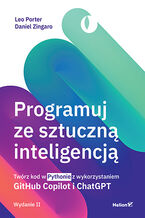


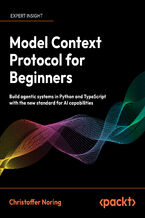


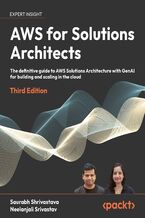
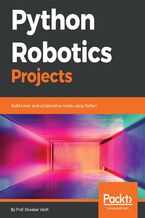
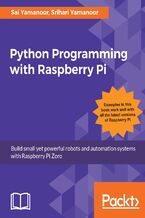
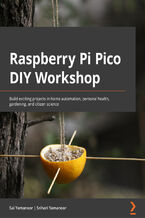
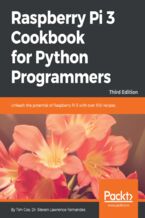
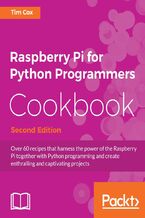
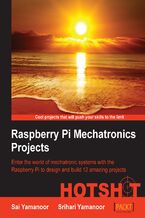
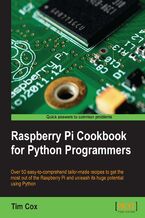






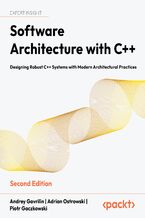
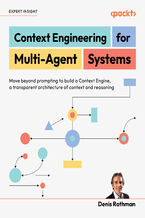

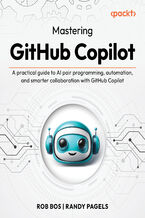
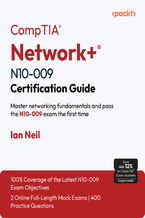
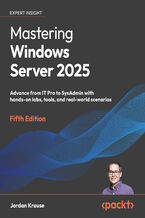
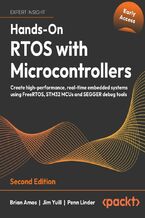

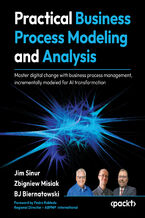
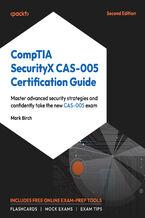
Oceny i opinie klientów: Getting Started with Python for the Internet of Things. Leverage the full potential of Python to prototype and build IoT projects using the Raspberry Pi Tim Cox, Steven Lawrence Fernandes, Sai Yamanoor, Srihari Yamanoor, Prof. Diwakar Vaish
(0)